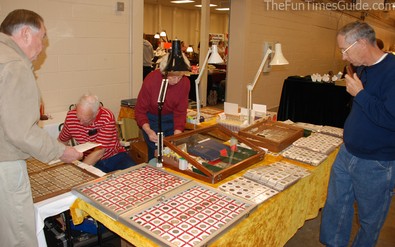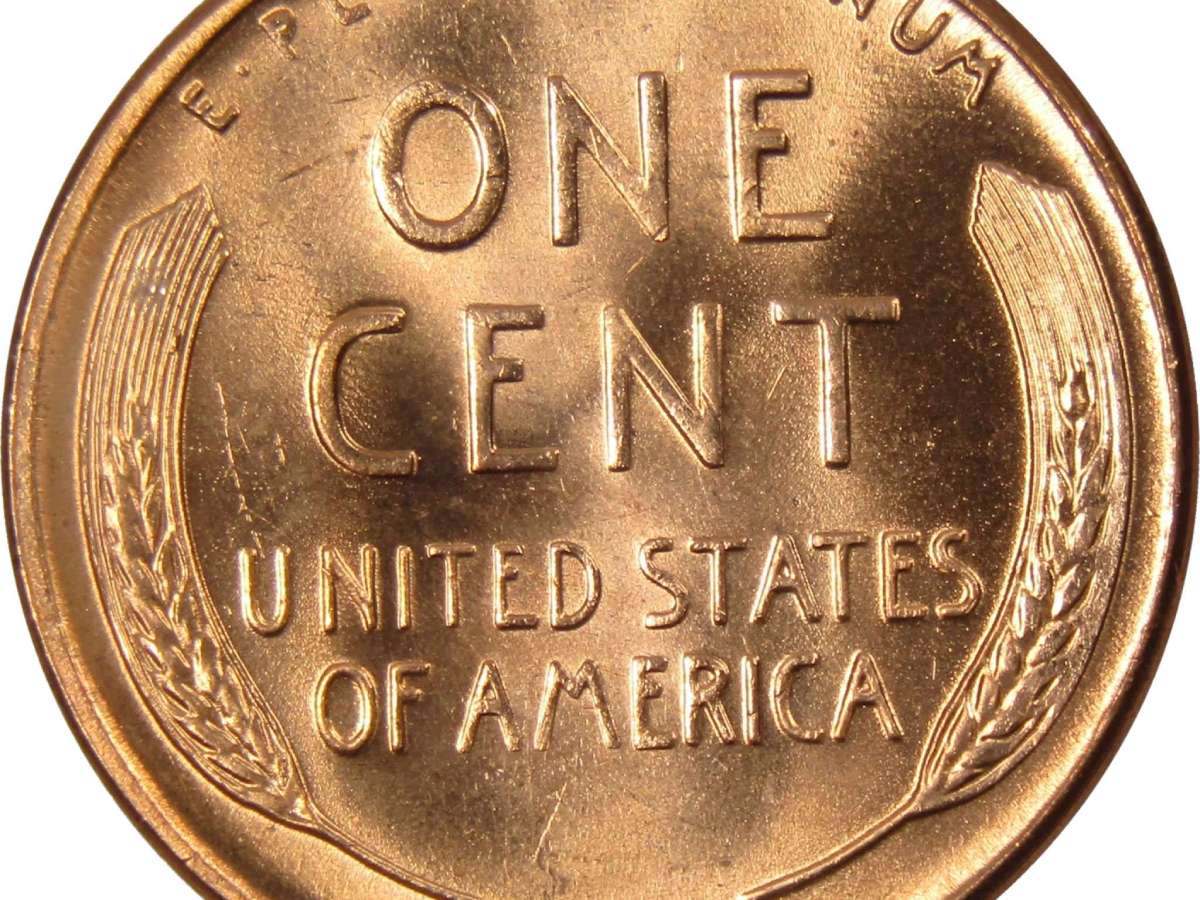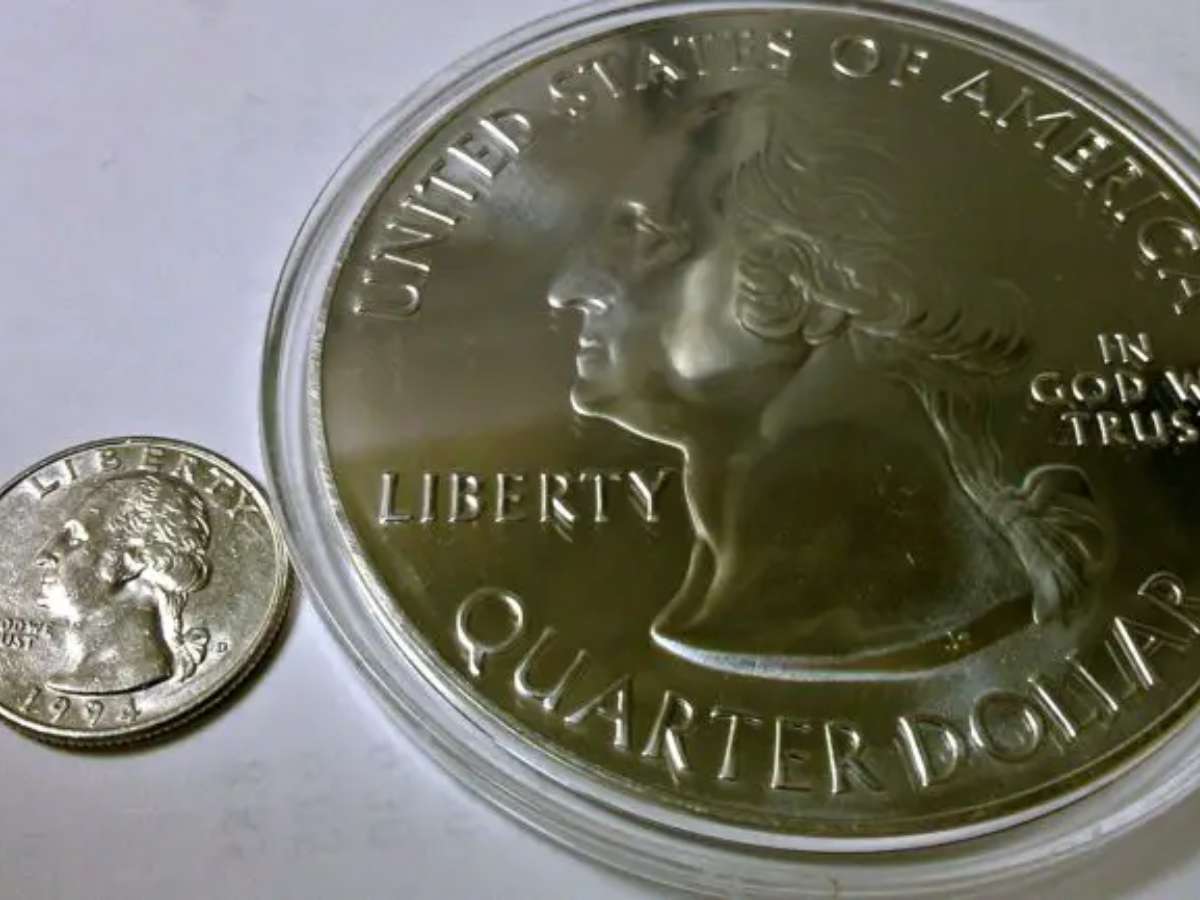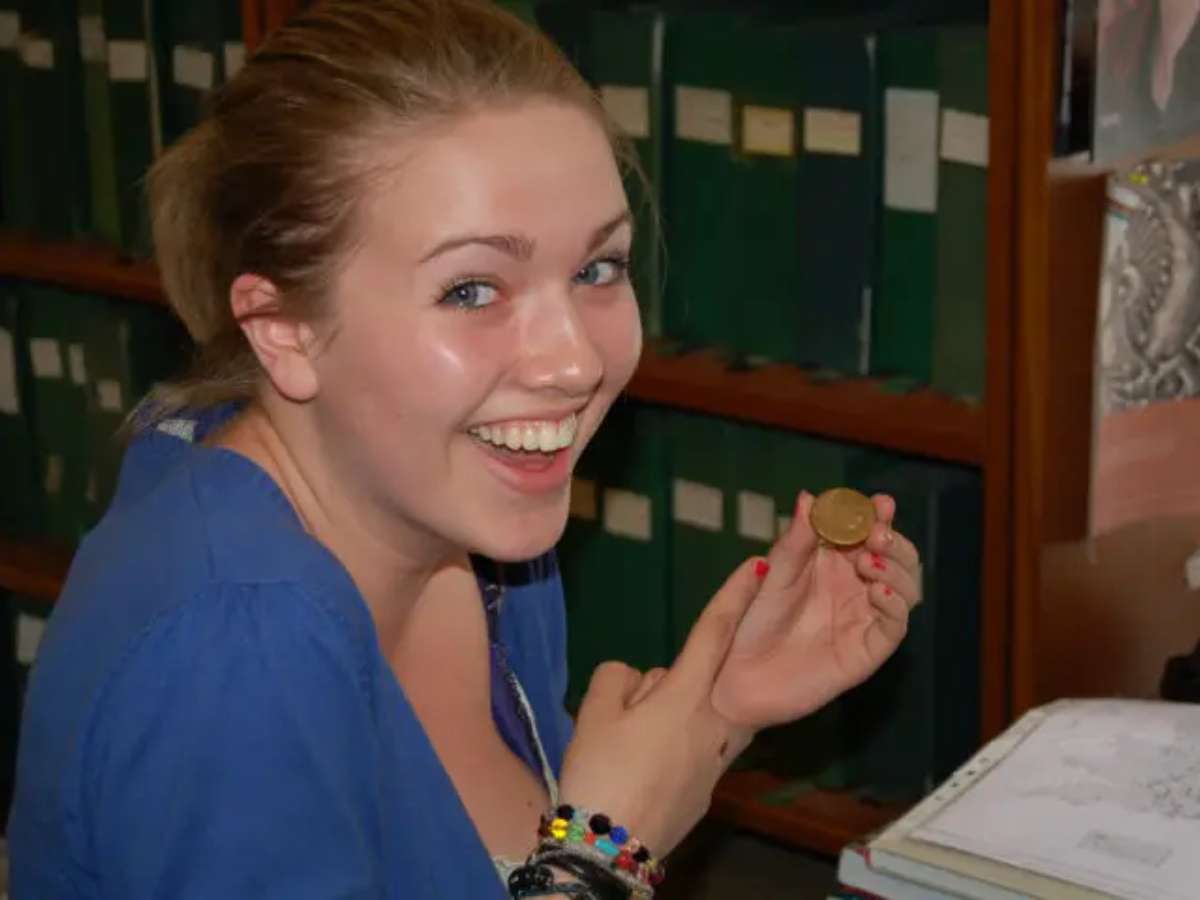Here are some tips and pointers that might come in handy when you’re meeting with a coin dealer for the first time — whether you’re buying or selling coins.
Get To Know The Coin Dealers
First, you should know that every coin dealer is going to be a little different in some way or another. And your strategy will be a little different as well, depending on whether you’re buying or selling.
Some coin dealers will offer better deals on coins, while some will charge way too much for lower grade coins.
Some will give you a fair price if you’re selling, and some will completely rip you off if they think you have no idea what you’re doing.
These tips are to prevent you from getting ripped off…
2 Helpful Tips If You’re Going To Sell Coins
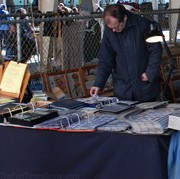 #1 – Never walk into a shop to sell a coin if you’re uninformed. Instead, always try to research the coin a little bit online before you try to sell it. If you just walk in and ask a coin dealer how much they’ll give you for your coin, they could end up giving you $5.00 for a coin that’s worth $100.00 — and you wouldn’t know the difference.
#1 – Never walk into a shop to sell a coin if you’re uninformed. Instead, always try to research the coin a little bit online before you try to sell it. If you just walk in and ask a coin dealer how much they’ll give you for your coin, they could end up giving you $5.00 for a coin that’s worth $100.00 — and you wouldn’t know the difference.
Just the same, it’s senseless to accept $10.00 for a $100.00 coin when all you had to do is take 5 seconds to look up some info on the internet beforehand.
#2 – If you’ve come across some old coins in the attic or someone has give their coin collection to you, and you’re thinking about selling it… I would suggest that you get a detailed price guide.
 I recommend a recent edition of the Red Book. The Red Book not only gives you estimated prices for all your coins, but it also has close-up pictures — so you can look for identifying marks on your coins.
I recommend a recent edition of the Red Book. The Red Book not only gives you estimated prices for all your coins, but it also has close-up pictures — so you can look for identifying marks on your coins.
Keep in mind, the Red Book lists several different prices for coins, depending on the grade of your coin. If you’re not a coin collector or you’re just beginning your coin collection, then you’re probably not going to know the grade. In that case, find the lowest grade for that particular coin in the book, and if it says $25.00 then you at least know not to accept much less than that for your coin.
3 Helpful Tips If You’re Going To Buy Coins
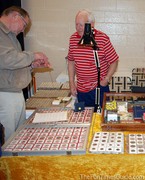 #1 – If you’re going to a coin dealer’s shop to buy coins then you’re probably a coin collector of some sort — whether it be advanced or beginner.
#1 – If you’re going to a coin dealer’s shop to buy coins then you’re probably a coin collector of some sort — whether it be advanced or beginner.
So hopefully, you already have a price guide to give you some idea of the value of your coins. But you’ll also need to have a little knowledge about coin grades, as well.
A lot of times with coins, there is a huge price difference just going from one grade of a coin to just the next grade up — which would be very difficult to detect by naked eye if you’re not an advanced collector. But a coin buyer needs to know if a coin dealer is trying to sell you a coin that they claim is MS-60 and worth $400.00 when in reality it’s an AU-58 and worth $150.00. See how you could get ripped off pretty quickly there?
If you are unsure about coin grading and you want to buy higher quality coins, then I would suggest that you buy coins that have already been graded by a third-party grading service such as PCGS, NGC, or ANACS. These coins will be sonically sealed in a tamper-proof holder that accurately displays the correct name, date, variety, and grade of the coin.
#2 – Shop around! There is probably more than one coin dealer in your area. So if you’re looking to buy coins, try visiting a few different locations. After you’ve visited 2 or 3 shops and looked at some of the same types of coins, then you’ll start to get a feel for what you should be paying for the coins you want.
If you’re putting together a lower-quality silver set such as old Washington quarters, mercury dimes, half dollars, etc., then most of the coins you’re going to be buying are probably going to be based primarily on the current silver spot price. If this is the case, then locate the dealer who is 20 cents cheaper on silver and buy from them. The price of silver fluctuates every minute of the day in the market and trust me, almost every dealer has a computer and is fully aware of the spot price all throughout the day.
You can check out live silver prices at Kitco.
#3 – Always have a list of the coins you’re interested in before you enter a coin dealer’s shop. If you’re putting together a few different sets, then chances are you’re not going to remember off the top of your head exactly what dates and what mints you need. I’ve done this a few times myself. I walked in to buy a few silver Walking Liberty half dollars not remembering if it was the 1929-S I needed or the 1929-D. So I bought the 1929-D from the coin dealer, and when I got home and I realized that now I have 2 1929-Ds and still no 1929-Ss.
TIP: If you’re on a budget, just write down the few dates and mints for the coins you most want to look at — out of all the coins you need for the set. If you write these things down beforehand and stick to your list, then you won’t be walking out of the shop with a bunch of junk coins that the coin dealer talked you into buying but you didn’t really need.
A Good Tip Whether You’re Buying Or Selling…
So really what I’m trying to say is that the coin dealer is almost always going to have somewhat of an upper hand — because they’ve been dealing with coins for years and years. However, you can make it more of a level playing field if you take some time to be prepared by gathering some information before you even walk in the door.
My best advice to you — whether you are buying or selling coins — is to always try to equip yourself with the basic information that I’ve gone over in this article. If you do, then you should be okay.
A Word About Buying & Selling Coins On eBay
It’s almost always better to sell your coins on eBay if possible.
Ebay brings all of the collectors together to bid on your coin so you’re going to get the fairest price and maybe a little bit more if someone really wants it enough.
Check out the coin categories on eBay.
And don’t miss these tips for buying coins on eBay.
Find a coin dealer near you!

